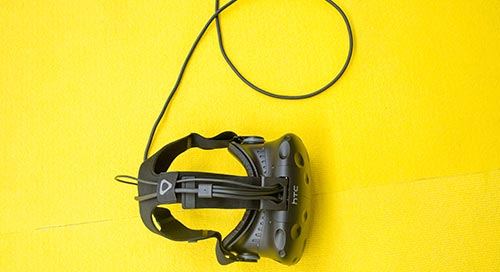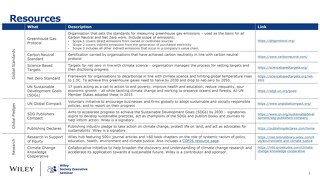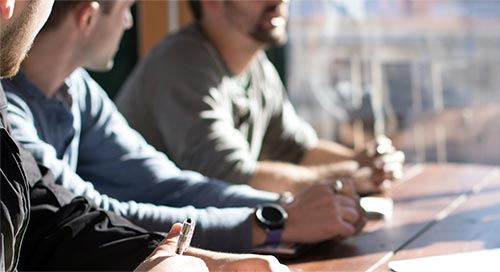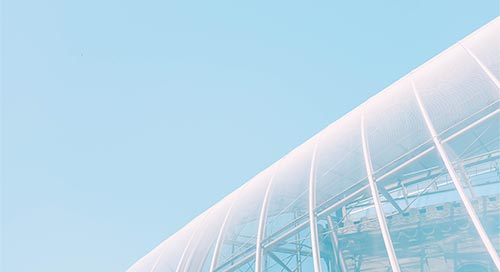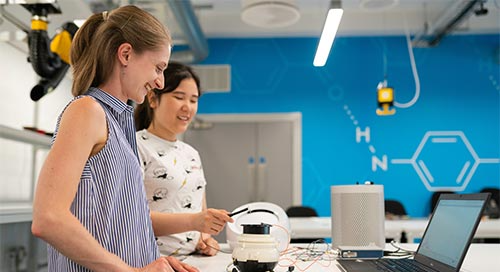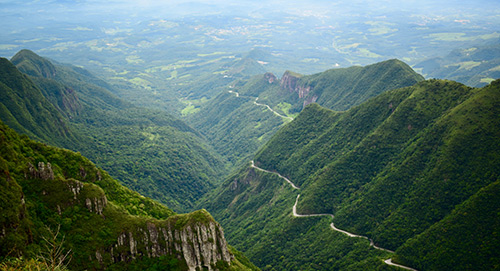ask-an-immunologist-how-the-australian-and-new-zealand-society-for-immunology-is-connecting-scientists-with-the-public
June 30, 2020
The coronavirus pandemic has created many challenges, but it’s also created opportunities to connect communities with the researchers working on solutions to those challenges. This is especially true in Immunology, as the world looks forward to a vaccine. To help more people get easy access to relevant scientific evidence, the Australian and New Zealand Society for Immunology (ASI) came up with a new program: “Ask an Immunologist.” We spoke with ASI’s General Manager, Dr. Tyani Chan, to find out how it’s going and hear what other societies that may be considering similar public engagement programs can learn from ASI’s experience.
AE: What is “Ask an Immunologist” and how did it come about?
TC: As people grapple with questions about coronavirus like whether you can become immune to COVID-19, or why older people seem to suffer more from infection, much of the global spotlight has been on Immunology and the amazing work that our Immunologists do every day. Immunology in the Australasian region has always been at the very forefront of the discipline. The world has questions, and we have the answers. So, it seemed only natural for ASI to create a community service whereby the general public could have easy access to information founded on robust, scientific evidence. That’s how “Ask an Immunologist” was born!

We wanted to help people find answers to their Immunology questions however suits their lifestyle best, so anyone can “Ask an Immunologist” and reach us via email or social media at any time, any day. More recently, we created the ASI Online Fireside Chats. These are unique, completely live opportunities to “Ask an Immunologist” any question from the comfort of home. It’s not often that the public gets to see a scientist answering their personal burning questions, in real-time and in understandable, non-technical language. Community participants have the option to email their question ahead or they can just join the session and type a question into the Zoom Q&A box. All the sessions are also recorded, so people can view it on their own time.
So far, we’ve had sessions on COVID-19, how our immune systems change as we age, and an open session for any questions related to Immunology. Our next Fireside Chat, on Vaccines, is on July 6th and I think that one will be particularly interesting.
AE: Can you tell us a little more about why ASI started the program? Beyond meeting an immediate community need, are there other benefits?
TC: Immunologists get asked Immunology questions every day. We answer questions from family and friends, during school drop-offs and pick-ups, and getting our coffee at the local café. So we thought, why not broadcast live so more people can benefit?
The wider community is clearly hungry for information that is founded on scientific evidence and shared in clear, non-technical language. Our Fireside Chats in particular are very informal and dynamic, and that makes them particularly appealing to the general public. Feedback has been overwhelmingly positive, and many people come back to attend multiple Fireside Chats on different topics. Participants say that the sessions are incredibly useful and that they’re grateful that we provide this opportunity for them, completely free of charge.
For our expert Immunologists and ASI members, it’s also incredibly rewarding to share their wealth of knowledge with the wider community. Our scientists are all volunteering their time and expertise, and have great fun interacting with the public. There’s nothing more satisfying than being able to answer a question from someone who has been trying to find reliable information for a long time. It’s also a great feeling when non-specialists find Immunology fascinating, given the role our immune systems play in our everyday lives.
AE: Do you have any advice for other societies interested in starting their own “Ask a Scientist”? Have you changed anything as the program went on?
TC: Weigh up the costs and benefits to the society, which may not always be financial. If you’re in a profession that is not often in the public eye, and you feel you’re in a position to positively contribute to the general community, then it’s definitely something to consider (or at least trial for a limited time). In general, timing the launch of new initiatives is key. If your expertise is particularly topical or in high demand right now, it’s a great time to launch a public engagement program like “Ask an Immunologist.”
I can also say that making such a direct and timely contribution to your wider community is an amazingly rewarding feeling. Our first Fireside Chat got rave reviews, but we also knew it was a resounding success because we had to upgrade our Zoom webinar plan to accommodate the registration numbers! Given that success, we went on to host two more and now we’re planning our fourth. To be honest, there’s nothing from our original plans that we’ve changed. We knew our audience, we identified a community need, and we knew we could provide solutions. I also highly recommend an informal virtual Q&A format. Thanks to technology, we can bring the service directly into people’s homes and make it effortless for both our scientists and for people who have questions that scientists can answer.
Does your society run a public engagement program? What have you found successful, and what would you recommend that other societies try? Share your thoughts in the comments.

